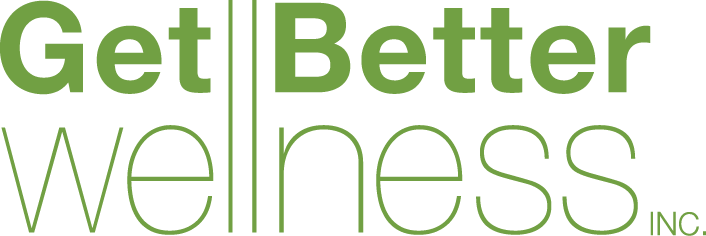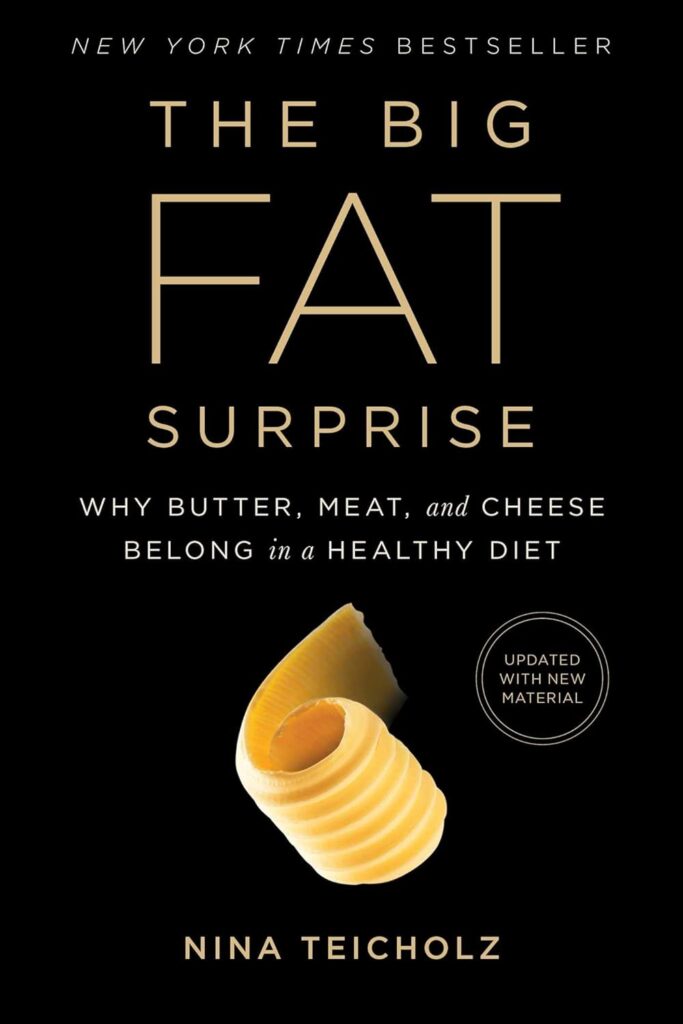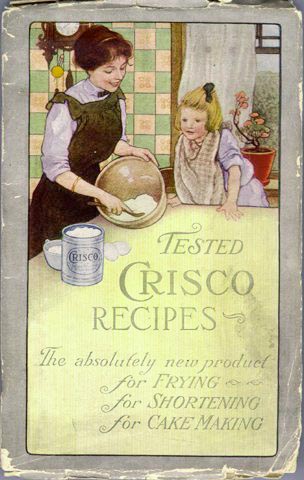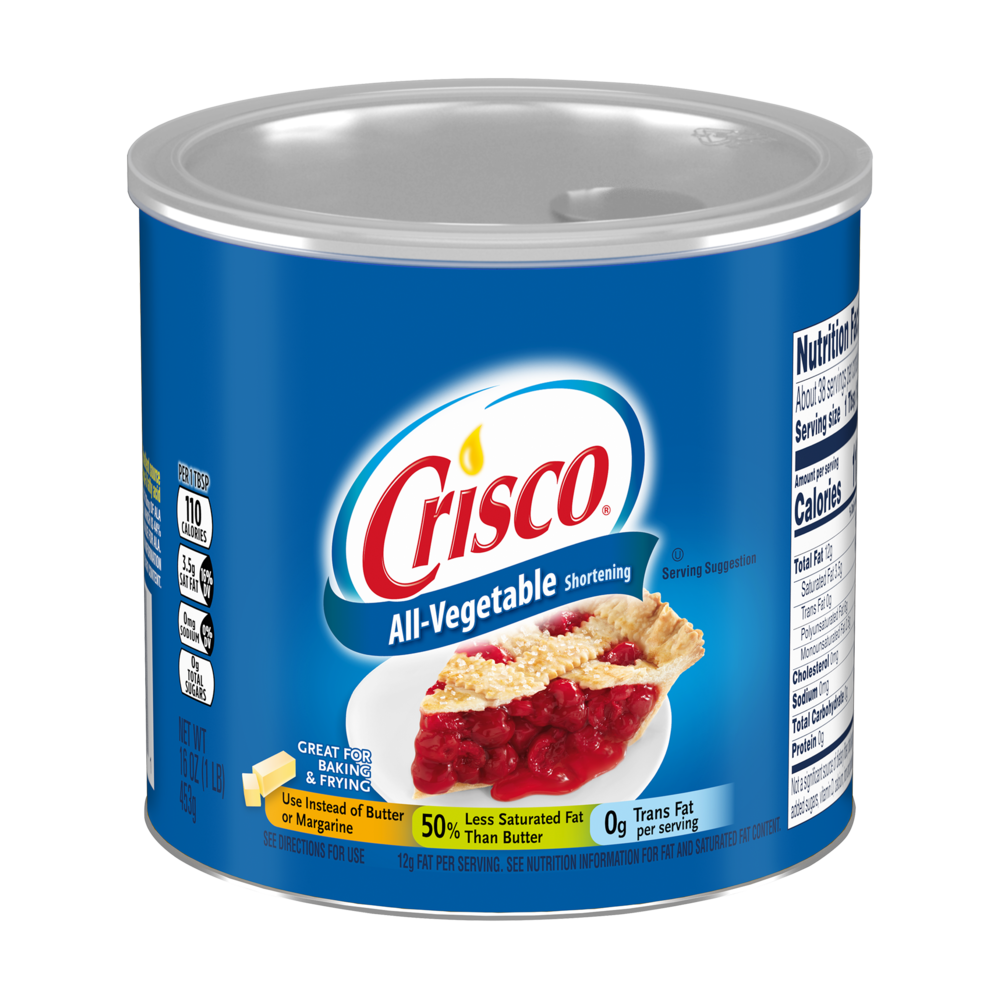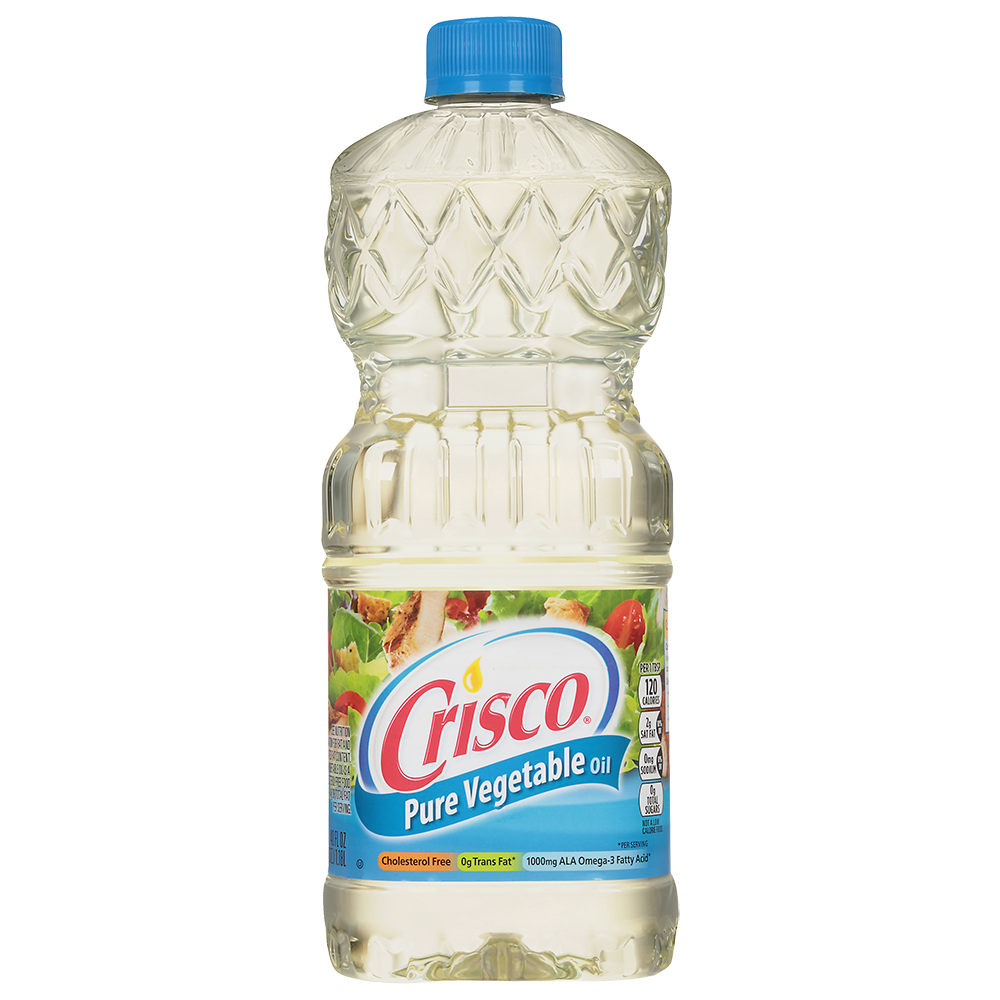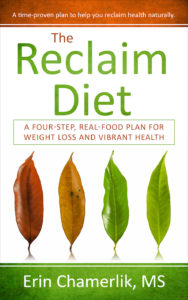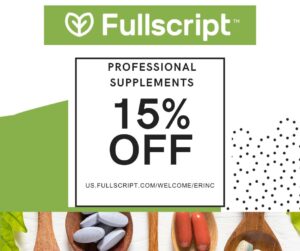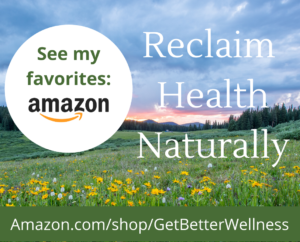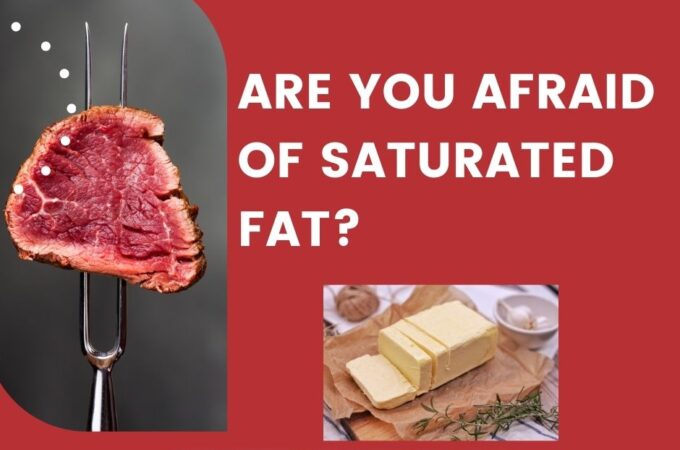
Are you afraid of saturated fat?
Do you focus on eating “lean meat” while you avoid red meat? Are you afraid of saturated fat?
Then you will want to read this post to see how you have been systematically brainwashed. I also link to three articles below with an in-depth history lesson on the junk science that created this line of thinking.
“The idea that saturated fats cause heart disease, called the diet-heart hypothesis, was introduced in the 1950s, based on weak, associational evidence,” said Nina Teicholz, PhD, author of The Big Fat Surprise. https://amzn.to/48OMANB
Why do Americans believe that lard and tallow are unhealthy fats?
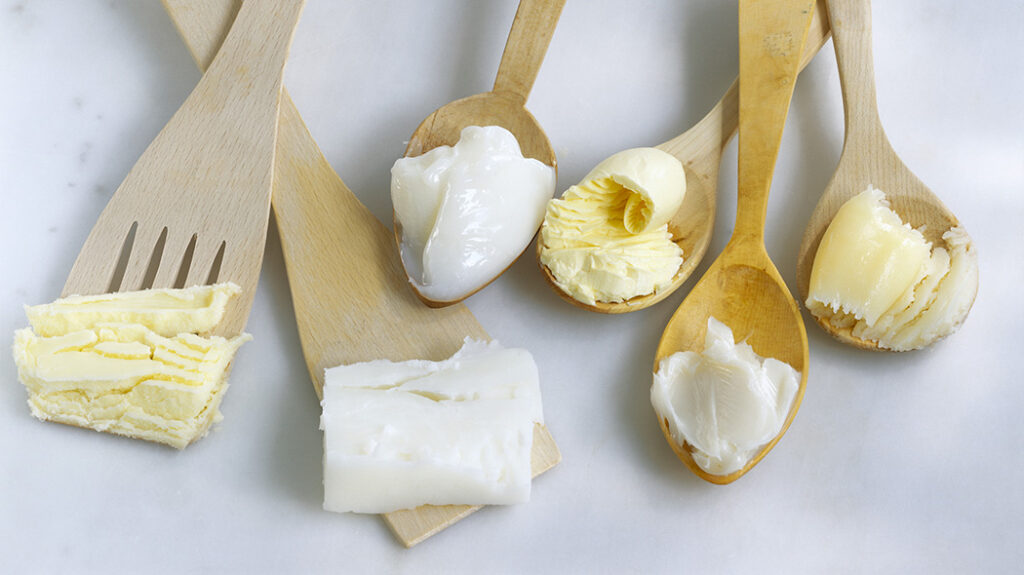
Enter CRISCO and Procter & Gamble’s heavy marketing scheme.
Created by Procter & Gamble in 1911, Crisco was sold as a healthy alternative to butter, lard and tallow.
Up until 1911, housewives were cooking with butter, lard and tallow. Then in 1911, a huge effort was made to convince women that Crisco was superior to animal fats. The advertising focused on telling people that Crisco was a healthier alternative that was also more economical than butter. P&G created a Crisco cookbook with 615 Crisco recipes and distributed it for free to households across America.
Their heavily funded marketing plan included advertising in the Ladies’ Home Journal.
Crisco became very popular almost immediately.
How Crisco Was Created
The name, Crisco, comes from the original ingredients, crystallized cottonseed oil. Cottonseed Oil was a toxic waste seed oil. Today GMO soybean oil is used to make Crisco.
P&G and a German chemist worked together to create a new process called hydrogenation where hydrogen atoms are added to liquid seed oils (in this case, cottonseed oil) to transform the liquid into a solid fat. Hydrogenation turns an already inflammatory oil into a hardened state that resembles the look of lard. Hydrogenation created health-damaging trans fats.
The American Heart Association (AHA) was paid off to lie and say that Crisco was heart healthy and that animal fats need to be avoided.
“The AHA accepted $20 million (in today’s dollars) in funding from Procter & Gamble, a corporation that conveniently makes and sells Crisco Oil. The AHA recommended that everyone replace butter with “heart healthy” alternatives like vegetable oil or Crisco Oil.” [source]
P&G sold Crisco to J. M. Smucker Co. and then it was sold to B&G Foods.
They are not vegetable oils. These oils are seed oils or bean oils.
It is a misnomer to refer to the industrially processed seed oils as “vegetable oils” because they do not come from vegetables. They come from beans (soy) or seeds (canola). Liquid or solid, seed oils are inflammatory and damage health and are not healthy for the heart.
Avoid these highly processed seed oils: corn, soy, safflower, sunflower, cottonseed, canola.
Saturated fat and cholesterol are not your enemies. “Vegetable” and Seed oils are your enemy.
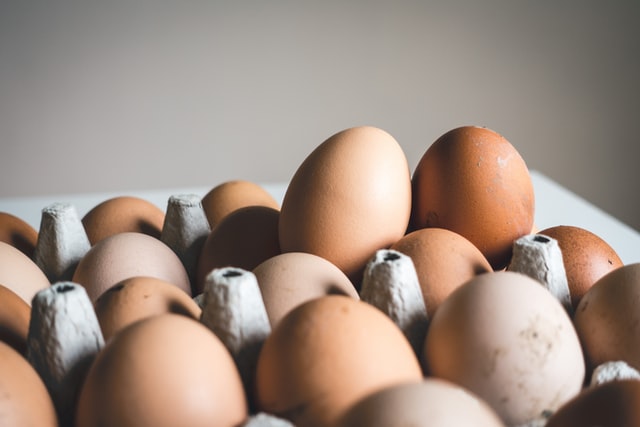
Saturated fats are solid fats like animal and dairy fats and plant fats like nuts, avocado, and coconut oil.
Saturated animal fats are heart healthy, they just doesn’t have deep pockets and a big marketing teams and schemes like the processed seed oil industry. If you are cutting out healthy animal fats you may be doing yourself harm.
Saturated fats are not associated with risk of heart disease. They are needed for healthy cell membrane formation and function and for the health of the brain, organs and bones, fertility and energy.
Read
“Fat, especially saturated fat, decreases the amount of the small, dense LDL particles—the worst kind– while the widely recommended low-fat diet increases their number. The opposite of the small, dense LDL particles are large, fluffy LDL particles, which are just not that harmful and may even have some benefits. But the LDL-lowering drugs lower those, too.” [source]
Enjoy eating eggs from pasture-raised chickens, animal fats, butter, ghee, coconut oil, palm oil, coconut milk, whole fat quality dairy, organ meat and cod liver oil.
Oils and Fats to Avoid
- Canola
- Corn
- Peanut
- Safflower
- Soybean
- Sunflower
- Hemp
- Grape Seed
- Rice Bran
- Vegetable
Oils and Fats to Include
“In summary, our choice of fats and oils is one of extreme importance. Most people, especially infants and growing children, benefit from more fat in the diet rather than less. But the fats we eat must be chosen with care. Avoid all processed foods containing newfangled hydrogenated fats and polyunsaturated oils. Instead, use traditional vegetable oils like extra virgin olive oil and small amounts of unrefined flax seed oil. Acquaint yourself with the merits of coconut oil for baking and with animal fats for occasional frying. Eat egg yolks and other animal fats with the proteins to which they are attached. And, finally, use as much good quality butter as you like, with the happy assurance that it is a wholesome—indeed, an essential—food for you and your whole family.” [source]
Organic butter, extra virgin olive oil, unrefined coconut oil are my favorite fats and oils to use in cooking. I also use avocado oil on occasion. When healthy sources can be found pork lard, beef tallow, goose fat and duck fat can be enjoyed.
Read the science found in these three articles.
A short history of saturated fat: the making and unmaking of a scientific consensus
Cholesterol: What the American Heart Association is Hiding from You
Get Better Wellness is reader supported. This post may contain affiliate links, which means that I may receive a small commission when you buy from links on this site. This is at no cost to you.
Recommended
-
Dandelion for Liver Support and Health BenefitsJuly 20th, 2024
-
Modified Citrus PectinJuly 11th, 2024
-
Bentonite Clay Mask for Face and ArmpitsJuly 8th, 2024
-
Two Supplements for Erectile DysfunctionJune 30th, 2024
